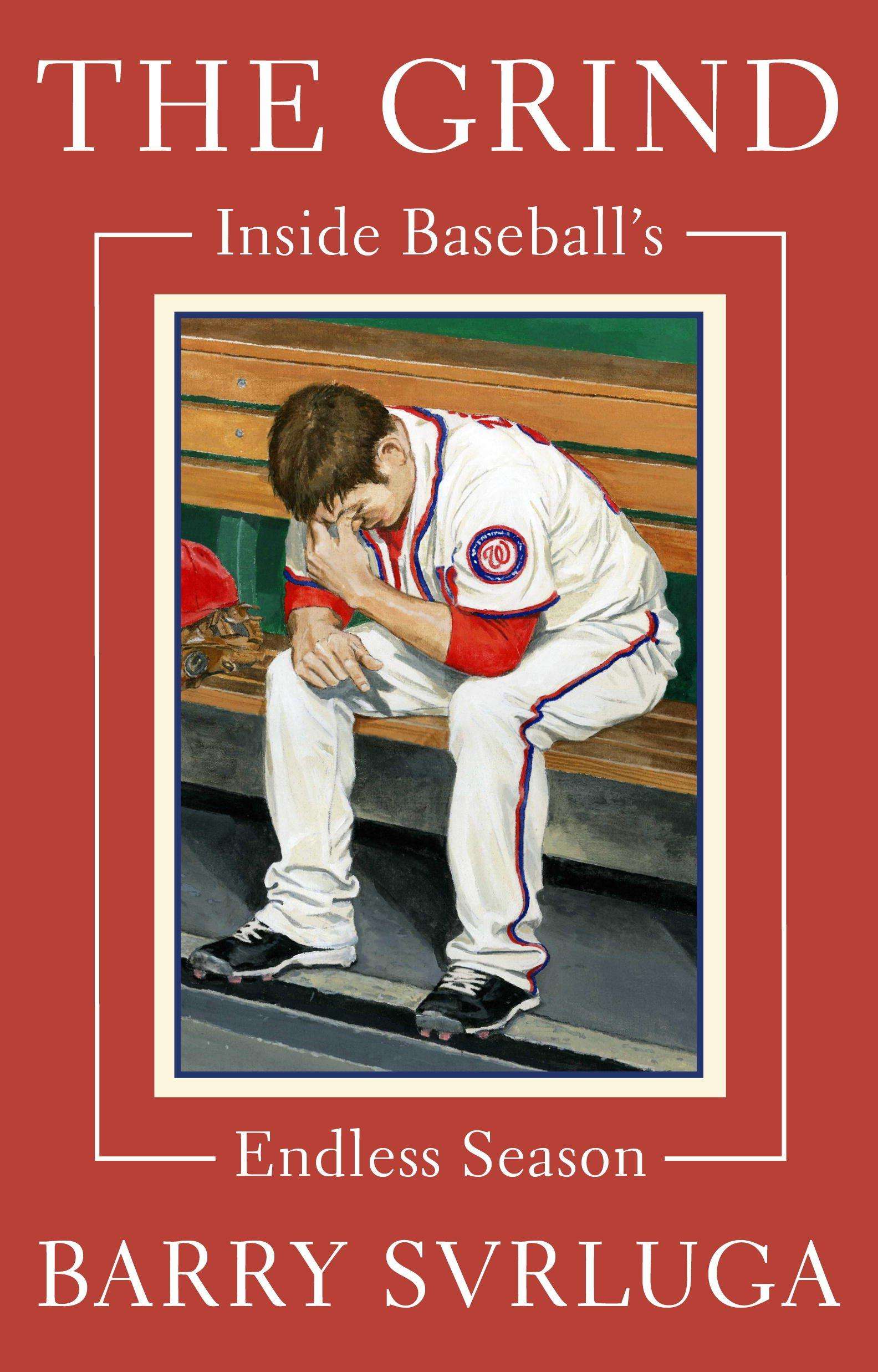Epilogue: A Memoir, by Will Boast
Both a remembrance and a elegiac account of the loss of a family, Boast’s 2014 memoir (a recipient of The Rome Prize) tracks the tragic early death of his mother Nancy, the untimely death of his younger brother Rory, and the family secret left behind after his father Andrew’s death, when Will was twenty-four.

Boast, the author of a story collection, Power Ballads (2011), and most recently, a novel, Daphne, is a former Wallace Stegner Fellow at Stanford. His work has appeared in the New York Times, Virginia Quarterly Review, Best New American Voices, and he has received numerous literary prizes and honors. Epilogue, winner of the Rome Prize, was called by Publisher’s Weekly, a “finely wrought, wrenching yet lyrical study of a family that lives on past its seeming end.”
When Boast was in high school, his mother died six months after the diagnosis of a brain tumor, and when he was nineteen, he lost his younger brother, Rory, in a car crash. In the aftermath, Boast aims to go on with his life, but his father descends further into a longstanding addiction to alcohol.
Epilogue tells the family story in straightforward, and at times painfully honest terms. Boast was born in Southampton, England and spent his years growing up in County Limerick, and Fontana, Wisconsin. After arriving in the US, Boast’s British-born parents (who met and married in 1970s Southampton) assimilate quickly into American life. As he recounts the tragic circumstances of his mother’s and his brother’s deaths, what ultimately drives this gripping memoir is the discovery, after his father’s death, of a first marriage and the wife and two sons he left behind in England. This is the inciting event that drives Will’s aim to connect with them, and as he does, unravels the mystery of his father’s secret life. Boast portrays his father as an almost indestructible force, as here:
Growing up, I thought he was unbreakable. My younger brother, Rory, and I wrestled with him on the grape-juice-stained shag carpet of the living room. Kick him, punch him, jump on his back, pull his hair (what little he had left)—we could never hurt him. In the backyard, sawing old railway ties to make raised flowerbeds for Mom, he cut himself with his ripsaw, looked down impassively at his meaty, calloused hand, now torn open and bloody, as if it were a thing unconnected to him. In the kitchen, he picked up hot saucepans by their bare handles. When I tried, my hand shot back. On the coldest Wisconsin winter days, he went out gloveless and hatless, his face and fingers gone angry red in the frigid, prickling wind. Never bothered him. Freeze him, burn him, cut him, kiss him—he wouldn’t even flinch.

As with the best memoirs, the story belongs to the narrator, both in the grief and loss Will suffers at losing his family of origin, and his discovery of the family that remains.
Learn more about Will Boast here.
—Lauren Alwan

